The people who master their craft aren’t the ones who avoid failure, they’re the ones who break things on purpose.
Struggle isn’t an obstacle to learning. It is learning. Every mistake, every wrong turn, every failed attempt, it all sharpens understanding. The best way to improve isn’t through blind repetition, but through intentional experimentation. Push the limits, see where things break, and study why they break.
Elmoatasem recently shared an insight that reframed this idea.
A climbing instructor once told him that learning good technique is like building a vocabulary. The more words you know, the more precisely you can express yourself. Climbing works the same way, learning different movements gives you more ways to navigate a wall.
But this isn’t just about climbing.
It applies to anything technical, compositing, coding, design. The techniques you pick up aren’t just isolated tricks; they form a mental vocabulary. And like any language, the more fluency you build, the better you become at adapting. When one approach doesn’t work, a strong vocabulary gives you alternatives. It keeps you from hitting dead ends.
Without vocabulary, you’re just guessing.
That’s why failure isn’t just inevitable, it’s necessary. Every failed experiment adds a new word to your vocabulary. Every wrong move refines your understanding. Every limit you push forces you to think differently. Over time, you develop fluency, not just in your craft, but in the language of problem-solving itself.
The goal isn’t to memorize steps. It’s to build a vocabulary so rich that, when a problem appears, you don’t panic, you translate it into a solution.
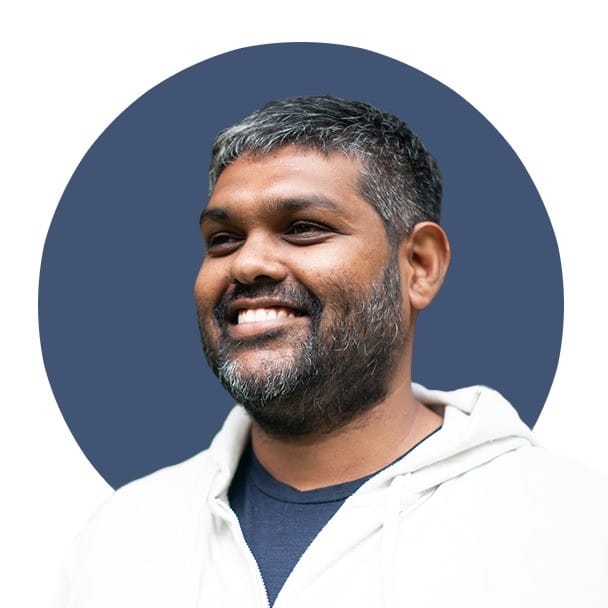
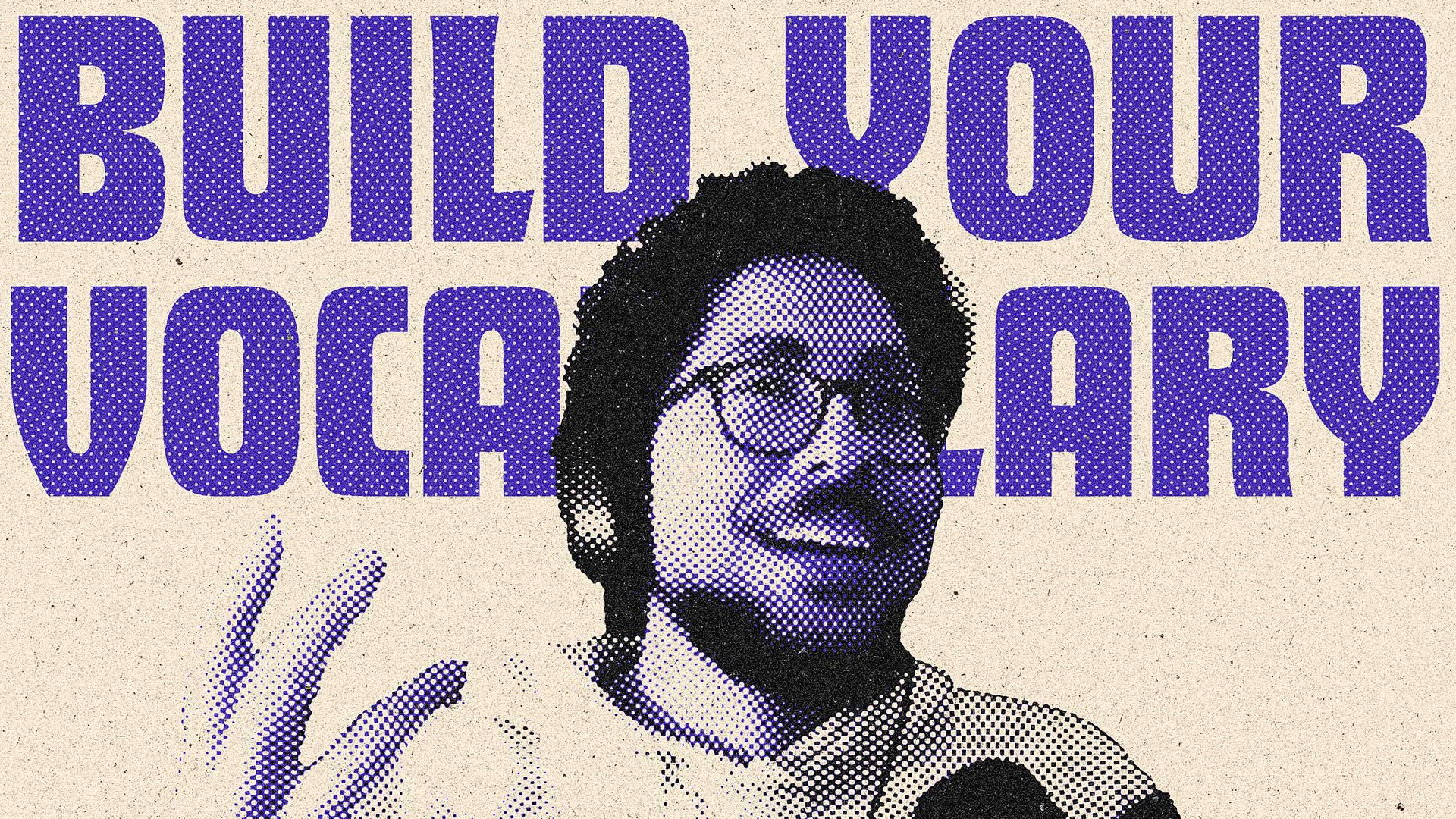

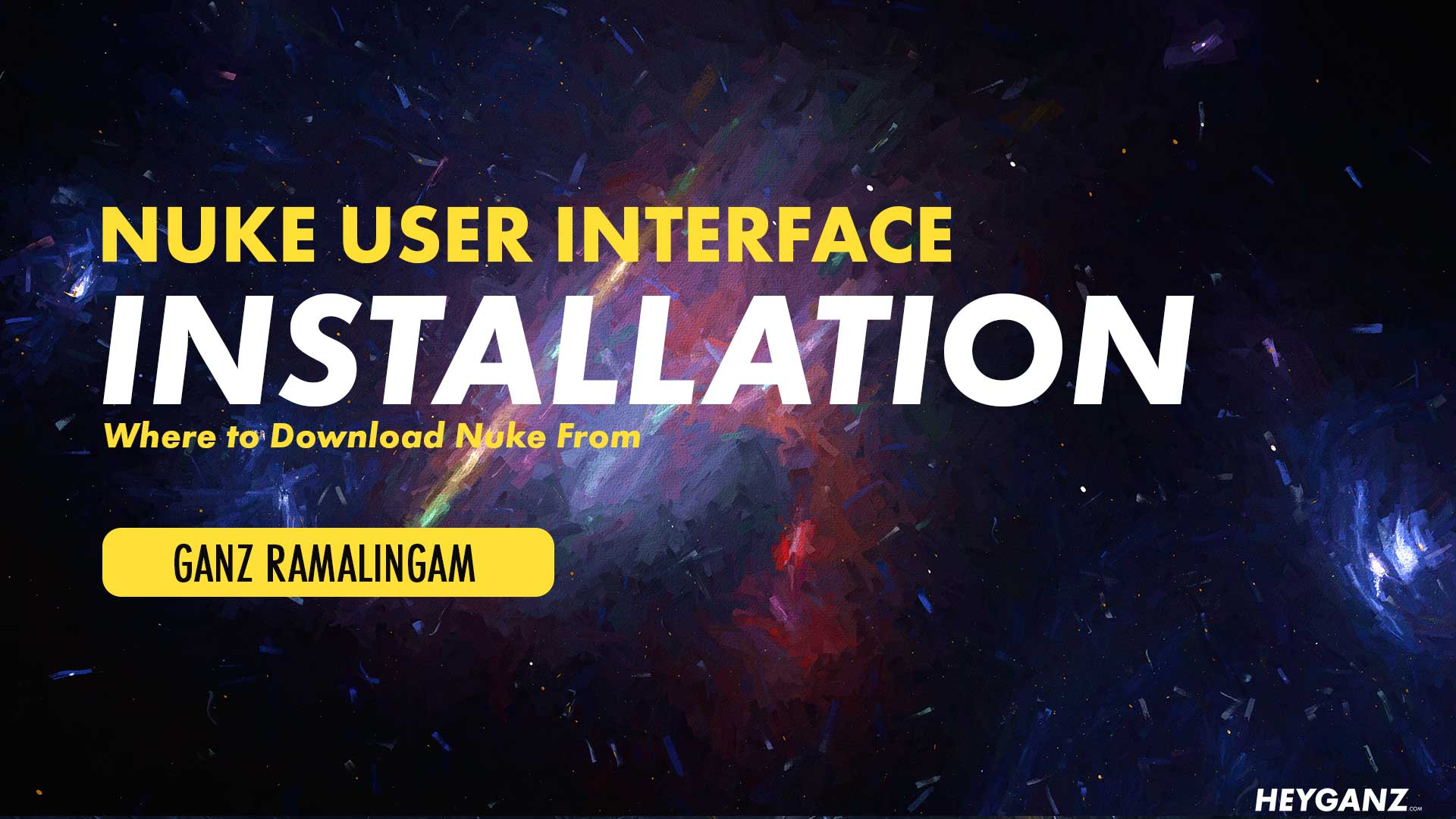
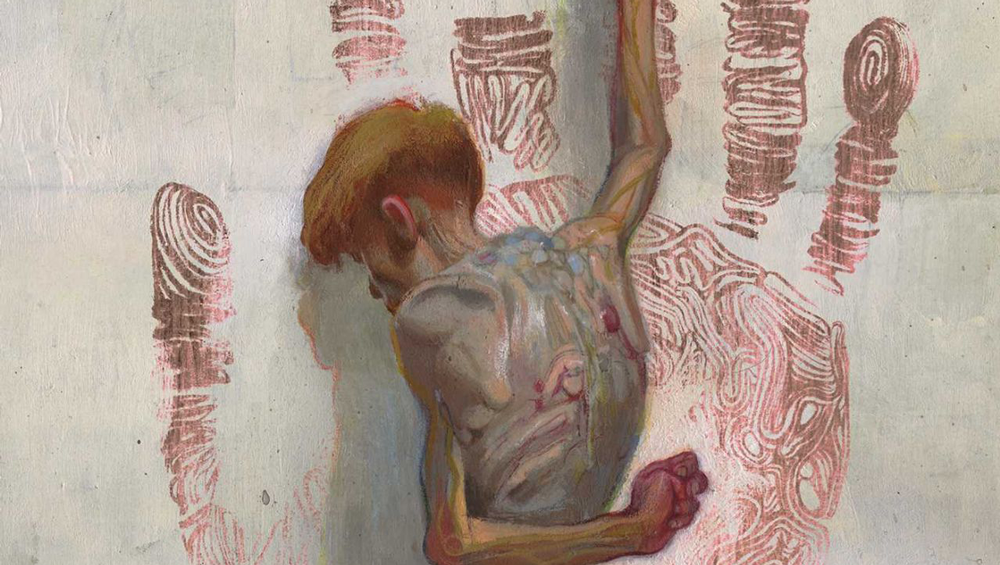
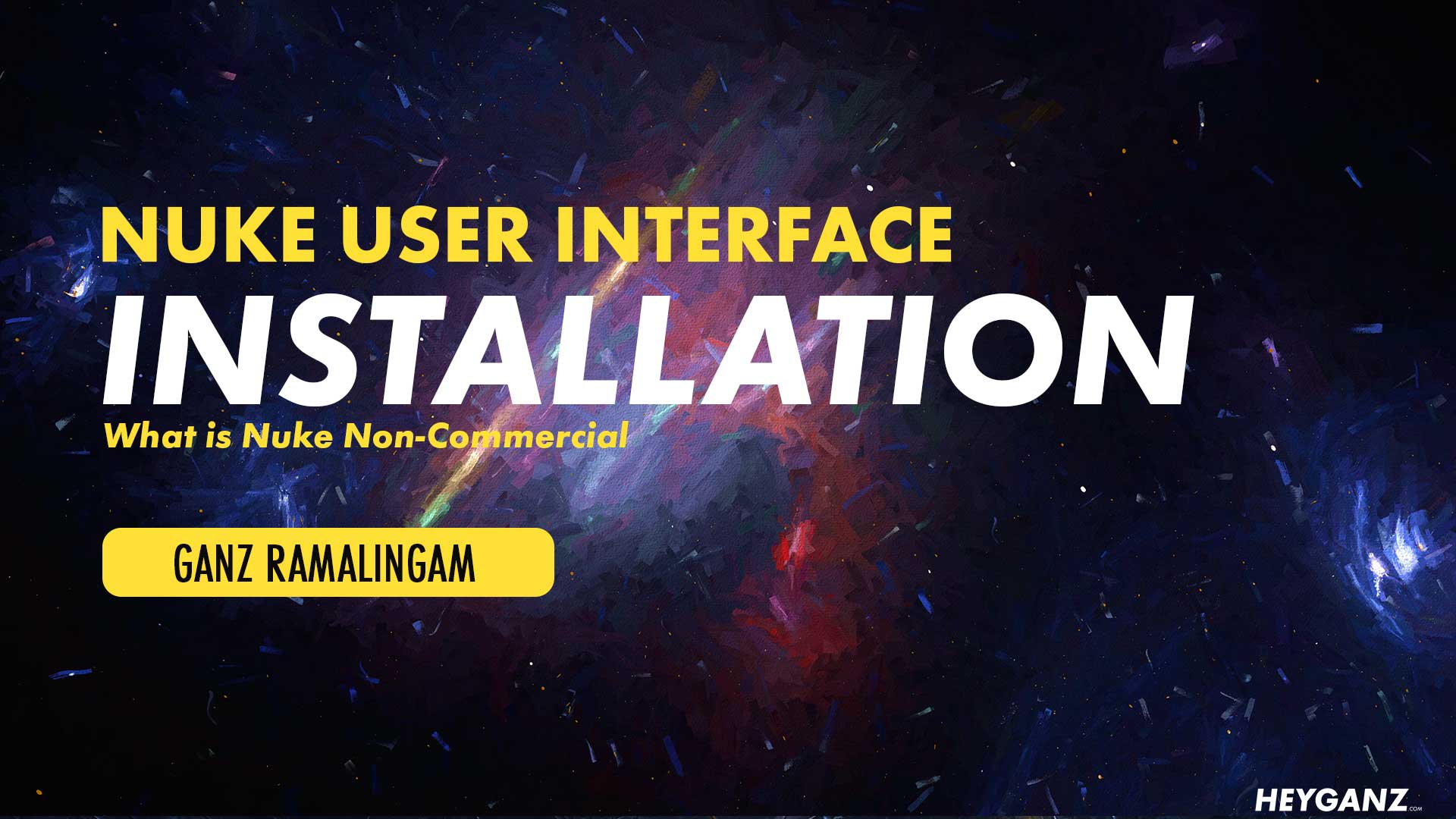
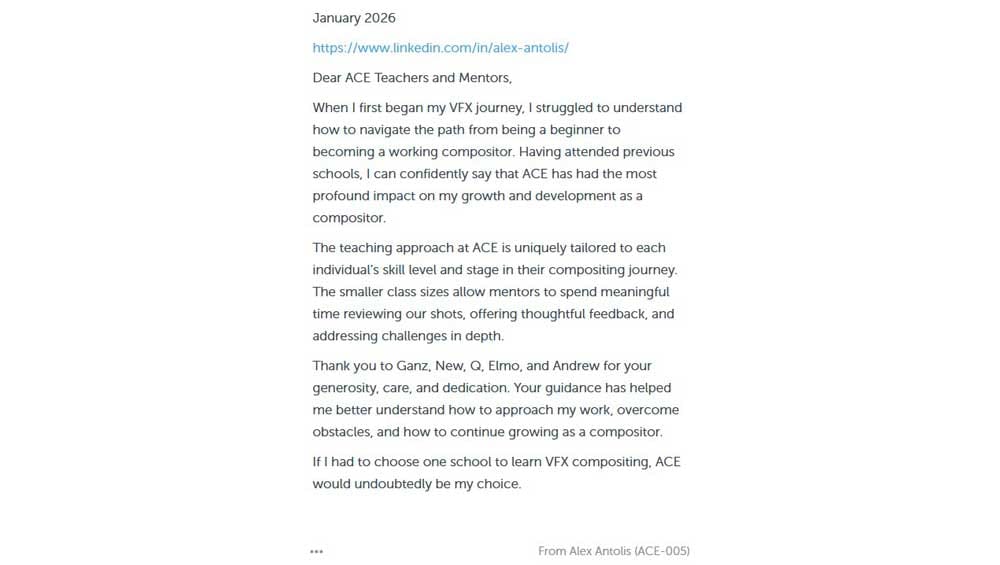
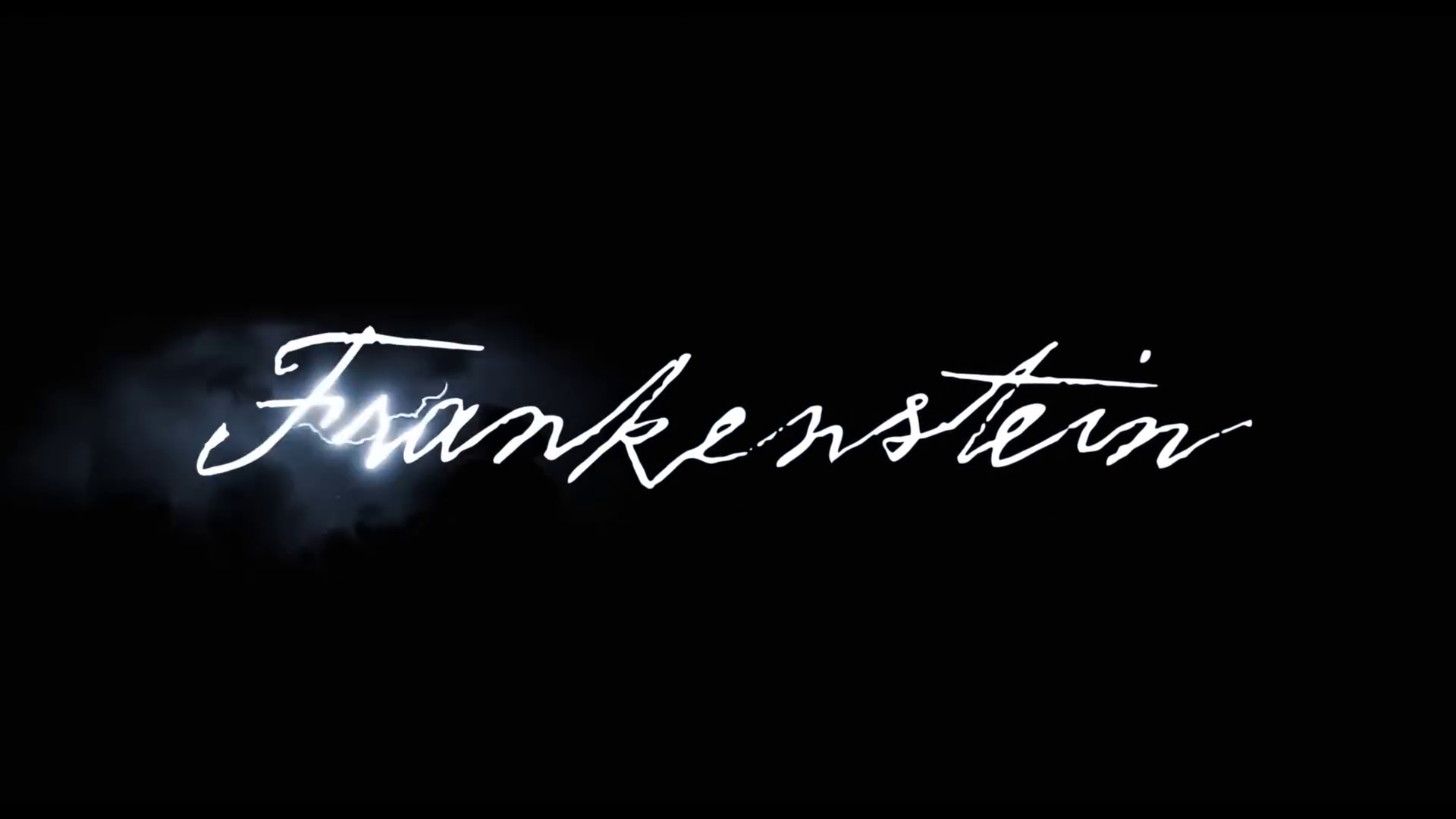


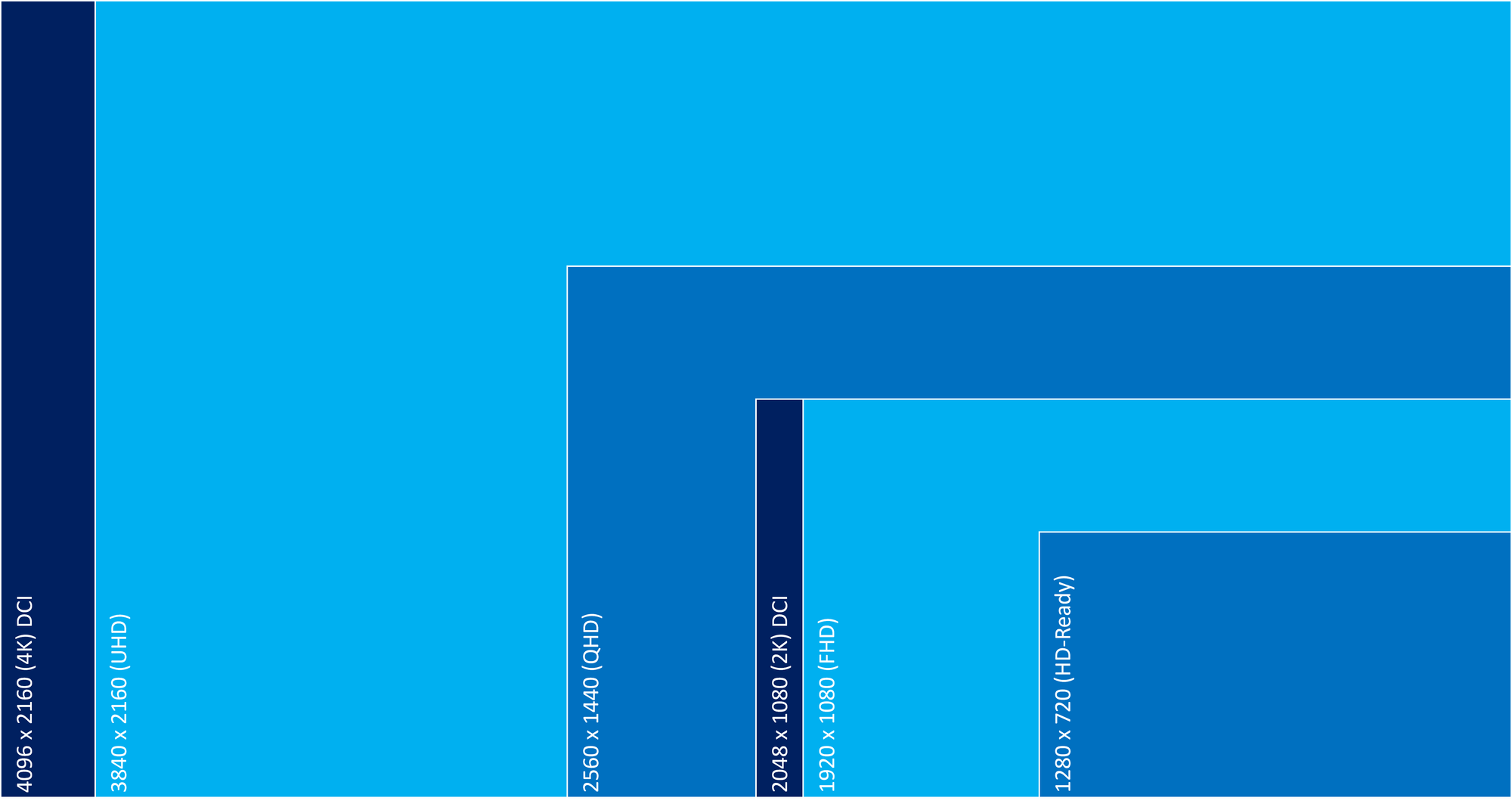
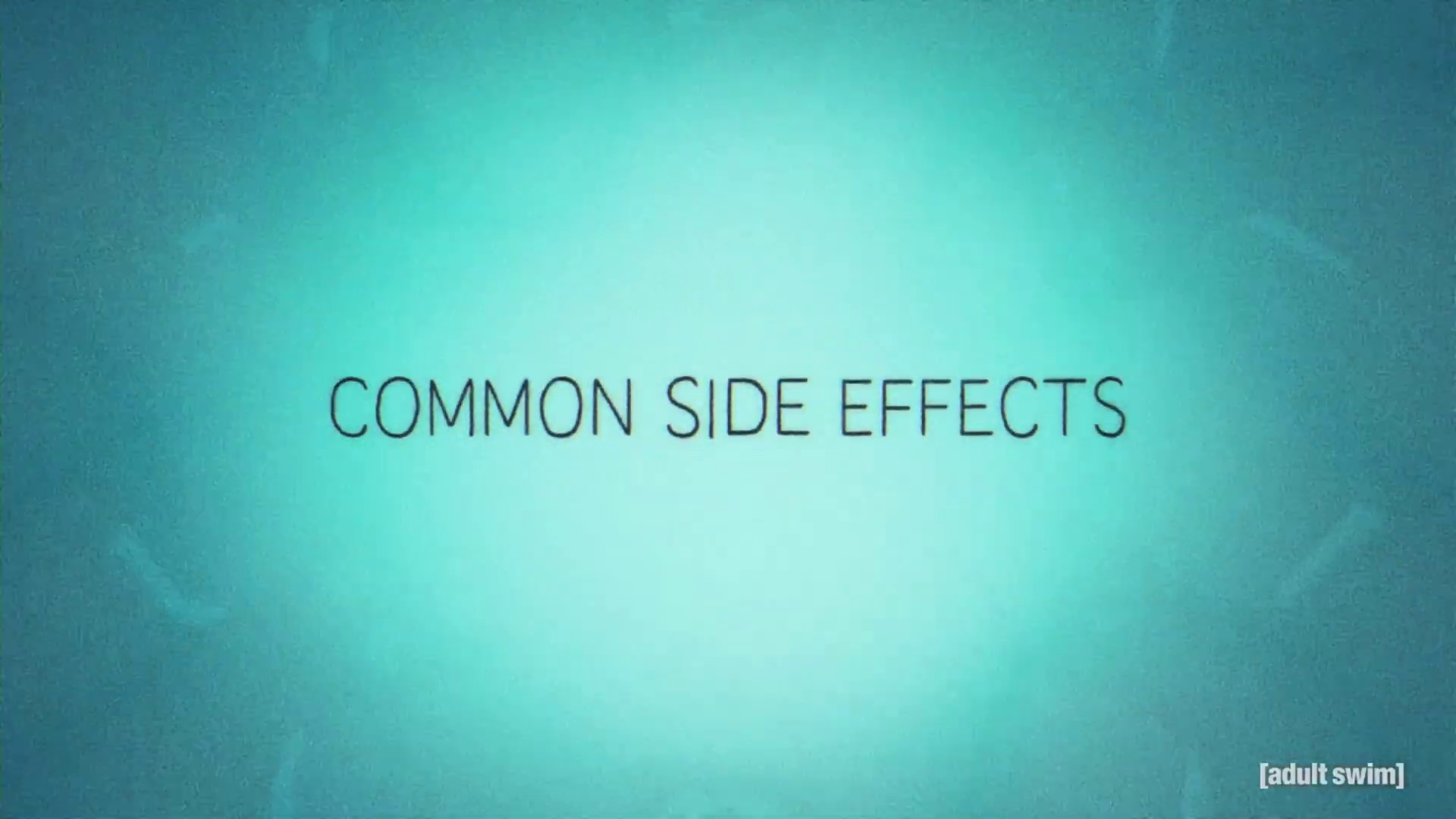
Discussion